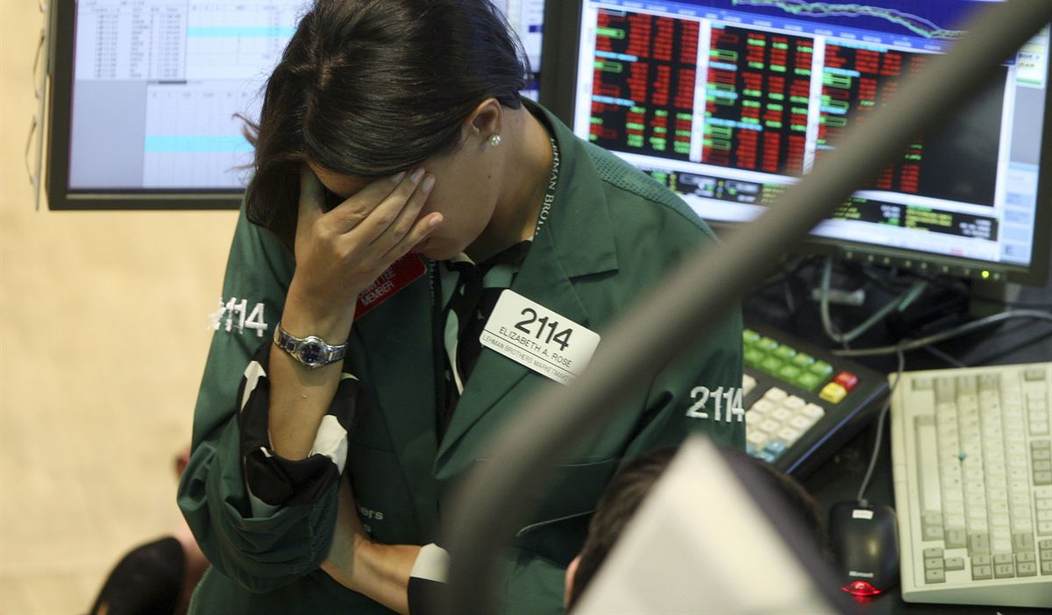A recession is coming. I honestly believe it. Signs have been pointing to one for quite a while now, and recent economic developments have made it perfectly clear that the economy is on shaky ground. Yet, for weeks now, there has been a flurry of reports from the mainstream media declaring that fears of a recession are overblown. Just sit back and don't worry about it and spend, spend, spend. And many economists are ignoring these warning signs, too.
There's an obvious reason for this, of course. A recession in the next month or so would likely tank Kamala Harris's campaign, and the media (and the experts they cite) are gaslighting people, hoping they can convince them the economy is just fine and postpone a recession until after the election.
We've been gaslit on the economy for so long now that I've almost gotten used to it. Two years ago, the Harris-Biden administration suddenly decided the long-accepted definition of a recession—two consecutive quarters of negative GDP growth—wasn't accurate and literally claimed that we weren't in a recession. It was a bold move that came literally out of the pages of George Orwell's novel "1984."
It sort of worked.
Earlier this month, a dark cloud loomed over the economy as the Sahm Rule, one of the most historically reliable indicators of a recession, was triggered. Almost immediately, a massive market sell-off followed, stoking widespread fears of an impending economic downturn. Yet, rather than sounding the alarm, the media quickly shifted into debate mode, questioning whether the Sahm Rule’s activation really meant a recession was on the horizon. Even Claudia Sahm, the economist behind the rule, suggested that her own rule might not be accurate.
When the stock market recovered from the sell-off that took place after the release of the July jobs report, many saw that as proof the economy is on solid footing. But that's not necessarily true.
"Market recoveries can be deceiving," Chad Willardson, a renowned financial expert and founder of Pacific Capital, warned me in an interview last week. He pointed out that the stock market “is not the best barometer for people tracking recessions” because it doesn’t reflect the underlying economic fundamentals. He likened the current situation to the early days of the COVID pandemic when the stock market made gains despite the broader economy and labor market facing significant challenges. In other words, while market rebounds can be encouraging, they shouldn't be seen as the definitive indicator of the economy's overall health.
Then, just over a week ago, two more recession indicators were triggered.
So why aren't economists more concerned about a recession on the horizon this time? According to an article from Investopedia, "the current economic situation is so different from past recessions, economists find some of their old tools less useful as they enter uncharted territory."
Personally, I'm not buying it. We've seen this before. When a Republican is in office, the media will do everything it can to pooh-pooh the economy, and when a Democrat is in office, they will do everything possible to hype up the economy. Heck, for three and a half years, the media has been gaslighting the public about the economy, insisting that it has been great. A perfect example was the recent video posted by disgraced former CNN anchor Don Lemon telling a man in Atlantic City who said that he made more money under Trump that he was wrong and that the economy has been better under Biden-Harris.
This is what they do.










